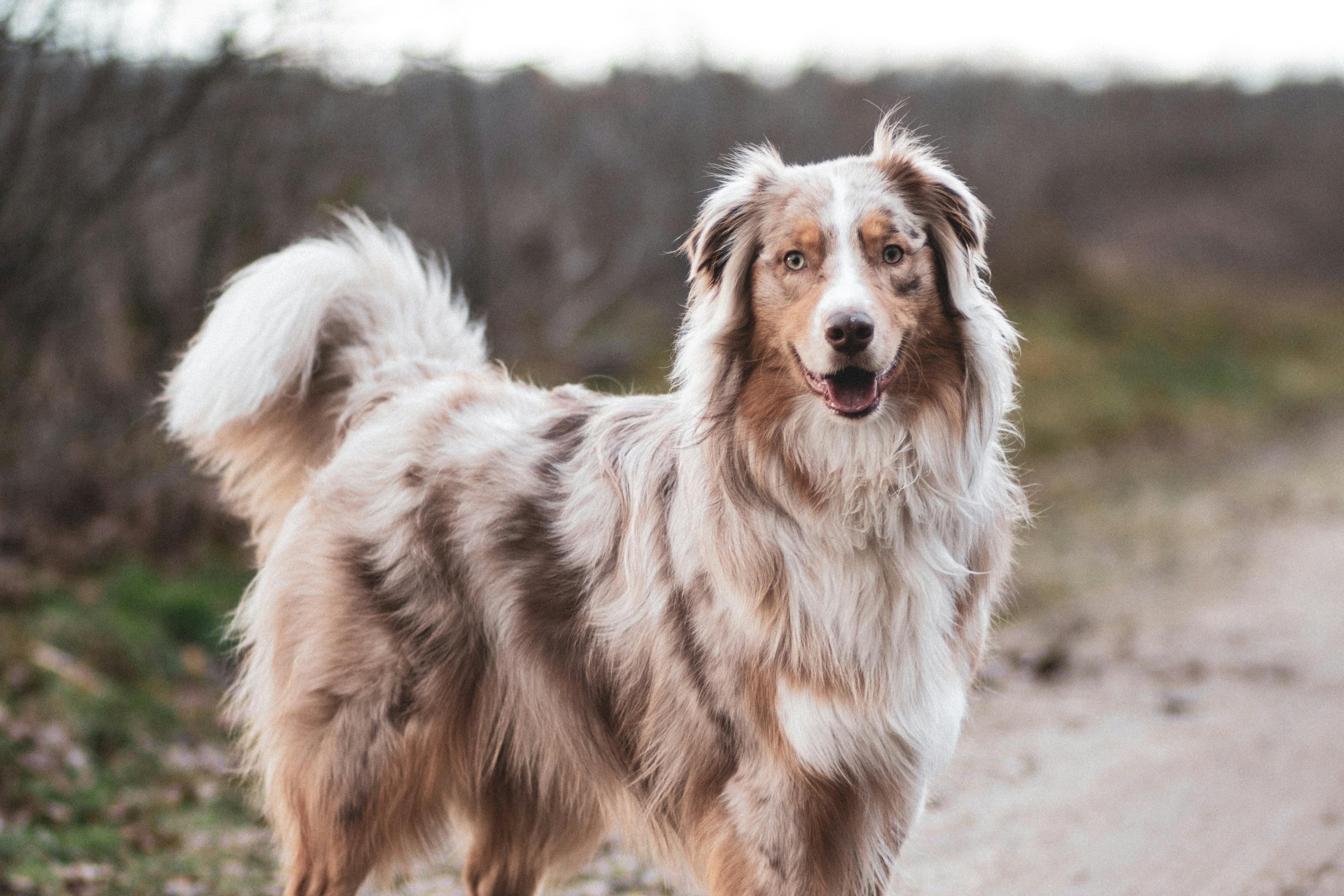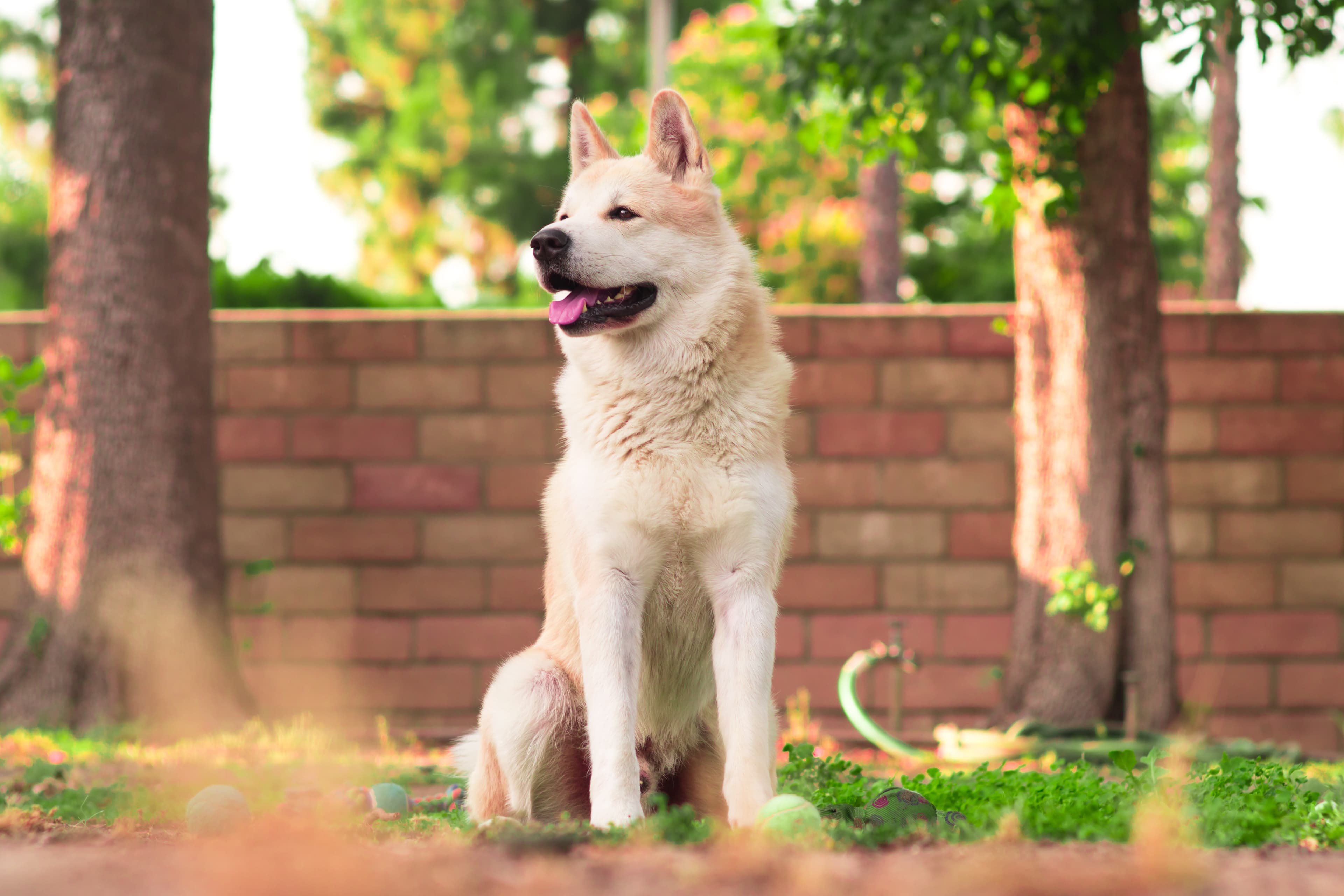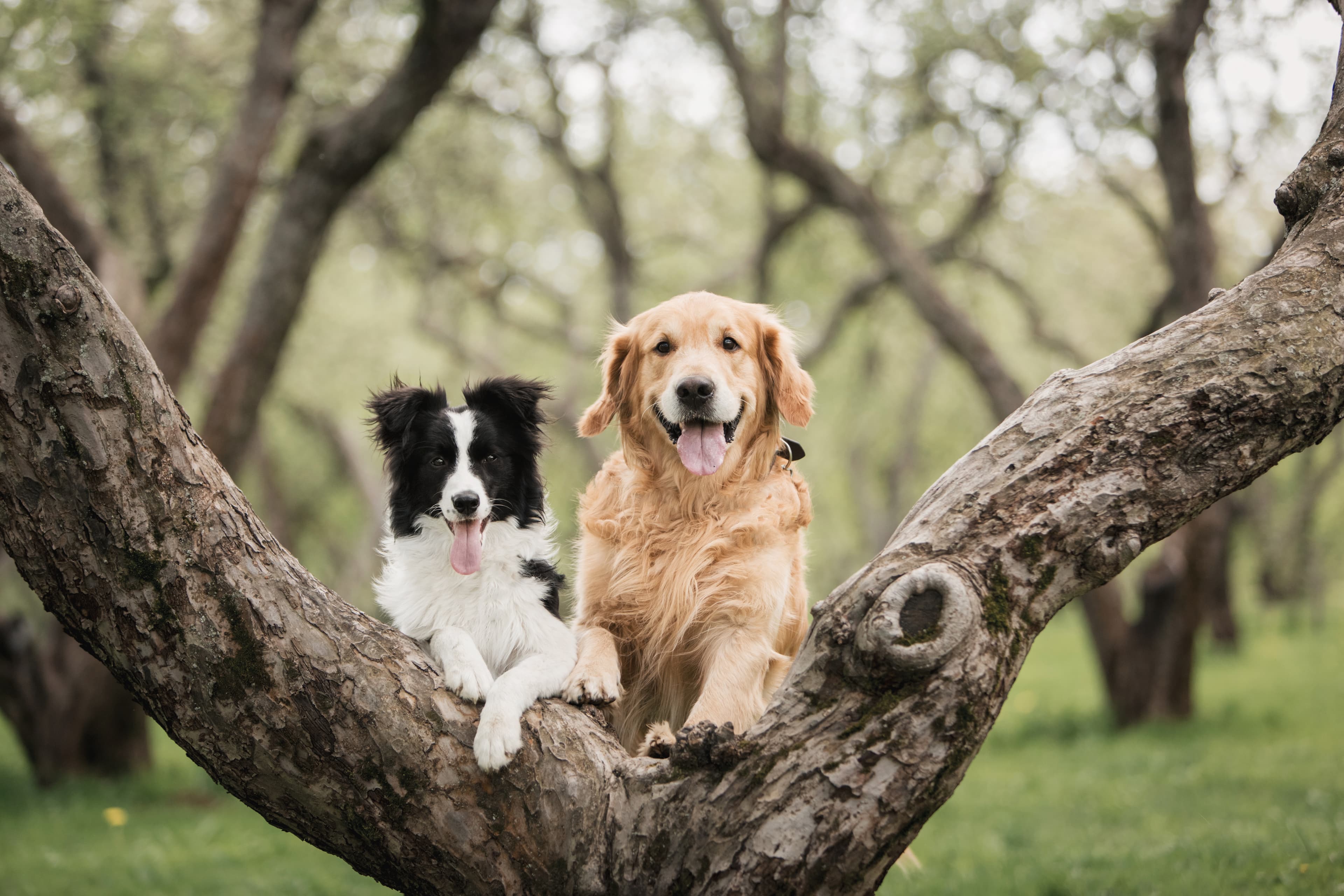When your dog has slimy stools
Dog faeces can reveal a lot about your dog's condition. One example of something you should pay attention to is if your dog has loose and slimy stools. This can be a sign that the dog has suffered from an inflammation of the colon.
This is usually not a dangerous condition, but it can help you when choosing a food for your dog. If your dog has loose and mucousy stools, it may be a good idea to choose a food for your dog that is easily digestible and specially formulated for dogs with a sensitive stomach. For this type of condition, it is often also a good idea to give your dog a fibre supplement. Always remember to follow the instructions on the packet!
If your dog has mucousy stools along with blood in the stool or an affected general condition, take the dog to the vet to have it examined and find the source of the problem. Of course, you should also contact the vet if you can't get rid of the problem when trying the above tips. Veterinary intervention may be required based on what you suspect the cause may be, based on findings in a diagnostic evaluation.






